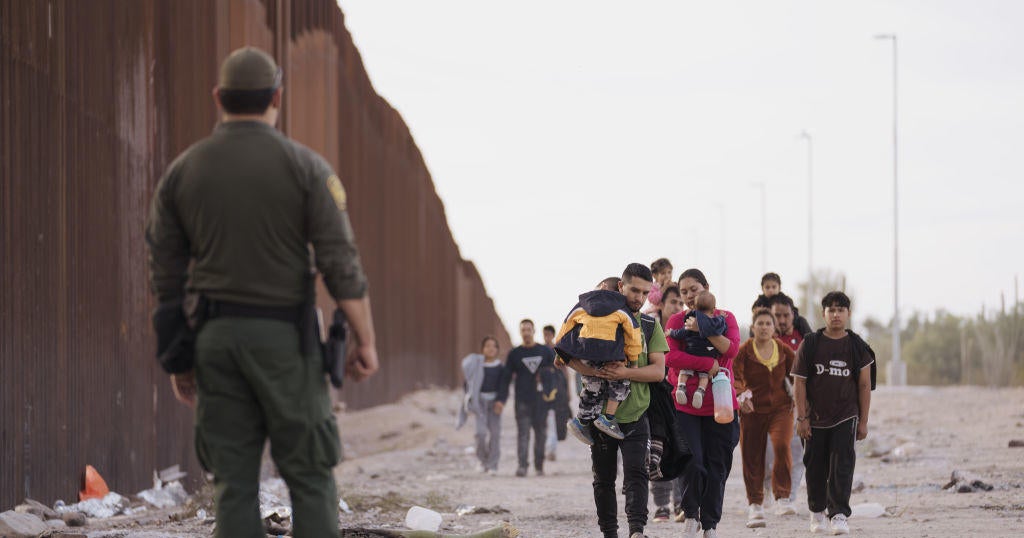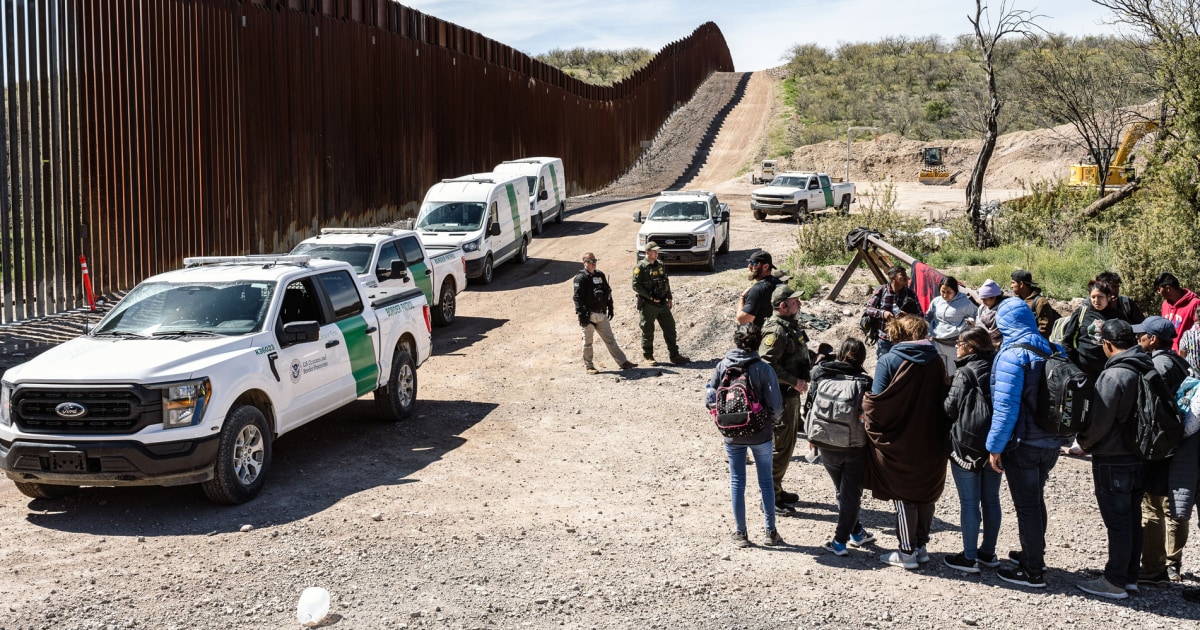
Arizona Voters to Decide on Controversial Immigration Measure in November Elections
Two controversial immigration measures have made it to the ballots for Arizona voters in the upcoming November elections. The first proposal, known as the 'Secure the Border Act,' will let Arizonans decide if state and local law enforcement should be given the authority to detain and deport undocumented border crossers.
The measure, which passed with party-line support in Arizona's Republican-controlled legislature, also includes provisions for beefing up the use of E-Verify for employment eligibility verification and harsher penalties for fentanyl dealers. Critics argue that it may lead to racial profiling and could negatively impact Latino turnout in the general election.
The second proposal, which is similar to a Texas law, would make it a state crime for noncitizens to enter Arizona through Mexico at any location other than a port of entry. If passed, this measure would allow state and local police to arrest people crossing the border without authorization and give state judges the power to order their deportation.
President Joe Biden has announced plans to restrict the number of migrants seeking asylum at the U.S.-Mexico border, stating that it will help 'gain control of our border and restore order to the process.' However, some argue that these measures are unnecessary and may further strain relations between Arizona and the federal government.
The immigration debate is not new to Arizona. In 2010, a controversial law known as SB 1070 was passed, which required police to check the immigration status of individuals they suspected of being in the country illegally. The law faced significant backlash and was eventually partially struck down by the Supreme Court.
As Arizona voters prepare to make their decisions on these ballot measures, it is important for them to consider all sides of the issue and weigh the potential consequences. Stay informed about developments in this story as more information becomes available.


